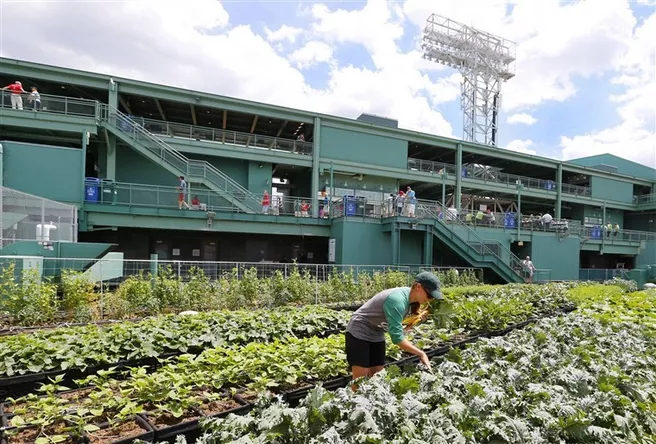Background and Objective of the Study
In consumer behavior and food research, it is well known that childhood experiences influence both purchase behaviors and consumption behaviors in adulthood. The present study aimed to capture and categorize the food- and drinks-related memories of adults when they visited sporting events in their childhood. Since enjoyment might be a central emotion, the present study also addressed the relevance of enjoyment in this context. In particular, it aimed to find out whether the attraction to unhealthy food and the avoidance of healthy food observed in sporting event visitors is merely due to the activation of enjoyment goals or whether sporting event visits can lead spectators to indulge or to control the effect of enjoying the leisure time activity on the intentions to indulge.
Design and Results
The study comprises two components: Study 1 and Study 2. In Study 1, 30 individuals recalled their childhood experiences of sport stadium visits at the age of ten years or younger. Inductive coding of the stories revealed that on-site enjoyment is an important factor that may lead to unhealthy food consumption. In Study 2, the effect of enjoyment on the intentions to eat unhealthy versus healthy food at sporting events was tested empirically and contrasted with two other leisure-time activities.
First, the study revealed that eating and drinking contributed to an enjoyable stadium visit when adults reflected on their childhood experiences of spectator sports. Second, the study revealed that both the sporting event context and the music event context are leisure-time activities that, controlling for enjoyment effects, increased the likelihood that individuals prefer unhealthy foods over healthy foods compared to a control group (here: people who imagined a visit to a flea market). Third, the finding that high (versus low) enjoyment of the event experience did not increase the preference for unhealthy and the avoidance of healthy food is noteworthy.
Implications
Children should be exposed to healthy, but not unhealthy, food and drink environments when they attend sporting events as spectators, because these contextual factors and the memories related to the visits influence behavioral patterns later in life. The results of the experiment revealed that it is not enjoyment, but the visit to sporting or music events (versus a flea market) that increased the preference for unhealthy versus healthy foods. This study has important implications for public health policy and practice. There is a need for healthier food availability and food policy at sport settings in general and at sporting venues in particular so that healthy eating is connected with the visit of a sporting event.
Contact
Chair of Sport and Health Management
Prof. Dr. Jörg Königstorfer
Secretary: Mirjam Eggers
Uptown Munich Campus D
Georg-Brauchle-Ring 60/62
80992 Munich
Phone: +49.89.289.24559
Fax: +49.89.289.24642
info.mgt@sg.tum.de
